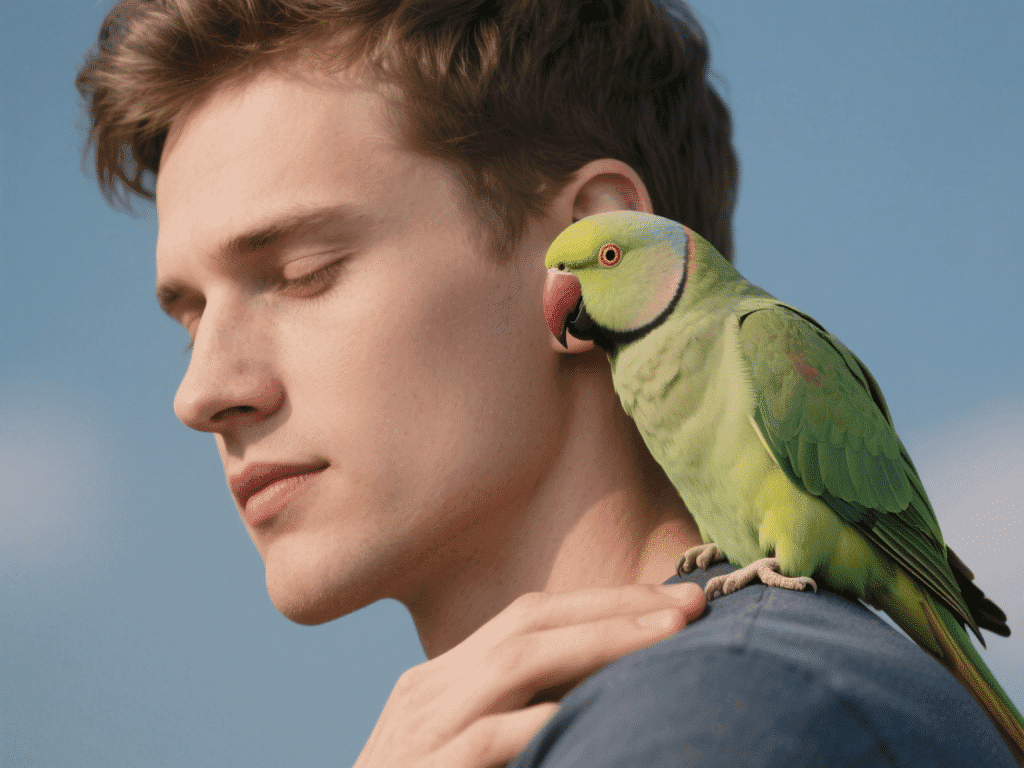
Decoding Parakeet Vocalizations: A Guide to Understanding Your Bird’s Language
In my 15 years as an avian behavior consultant, I’ve discovered that parakeets communica...
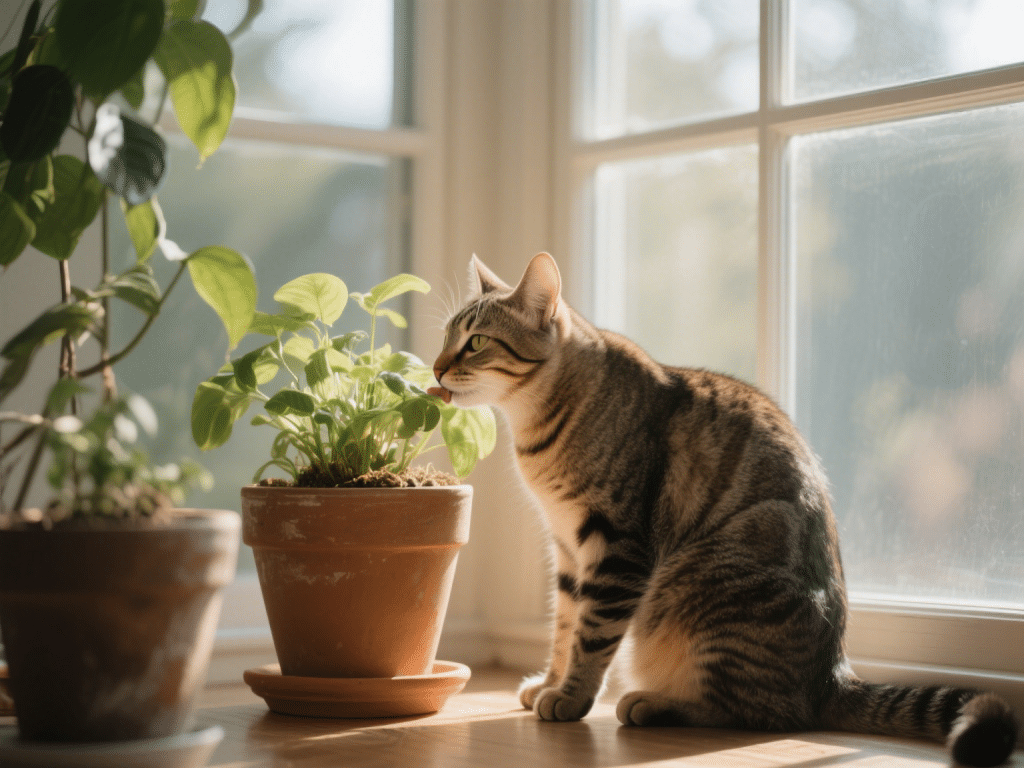
Dental disease is the most common health issue in pet rabbits—up to 80% develop malocclusion or overgrown molars by age three. As a long-time rabbit rescuer and certified exotic animal nutritionist, I’ve advised owners on dietary formulations and at-home care practices that dramatically reduce dental problems. This guide outlines nutritional and preventative strategies to ensure your lop-eared friend enjoys lifelong oral health.
High-fiber grass hays (orchard, timothy) promote natural chewing that wears down incisors and molars evenly. Provide fresh hay at all times; aim for a daily volume equal to at least one stack of your arm.
Safe options: Unpeeled carrot sticks, celery stalks, and dandelion greens.
Frequency: Offer small amounts (1–2 sticks) daily to encourage lateral chewing motions.
Select a timothy-based pelleted feed with ≥25% crude fiber and <12% fat. Limit to 1/8 cup per 2 lbs body weight to prevent obesity and ensure hay remains primary diet component.
Natural apple-wood blocks (untreated, pesticide-free) provide textured surfaces for grinding. Rotate different chew toys weekly to prevent boredom and uneven wear.
Gently open your rabbit’s mouth monthly, using a finger to palpate molars. Look for rough spots, spurs, or drooling. Early detection leads to simple filing under sedation rather than extensive surgery.
If you notice drooling, weight loss, or decreased appetite, seek a rabbit-savvy veterinarian. They may recommend dental trimming or x-rays to assess root elongation.
Conclusion:
By centering your rabbit’s diet on high-fiber hay, complemented with raw sticks and safe chew toys, you mimic wild foraging behaviors that naturally maintain dental health. Coupled with regular home exams and professional checkups, these strategies dramatically lower the risk of painful oral diseases.

In my 15 years as an avian behavior consultant, I’ve discovered that parakeets communica...
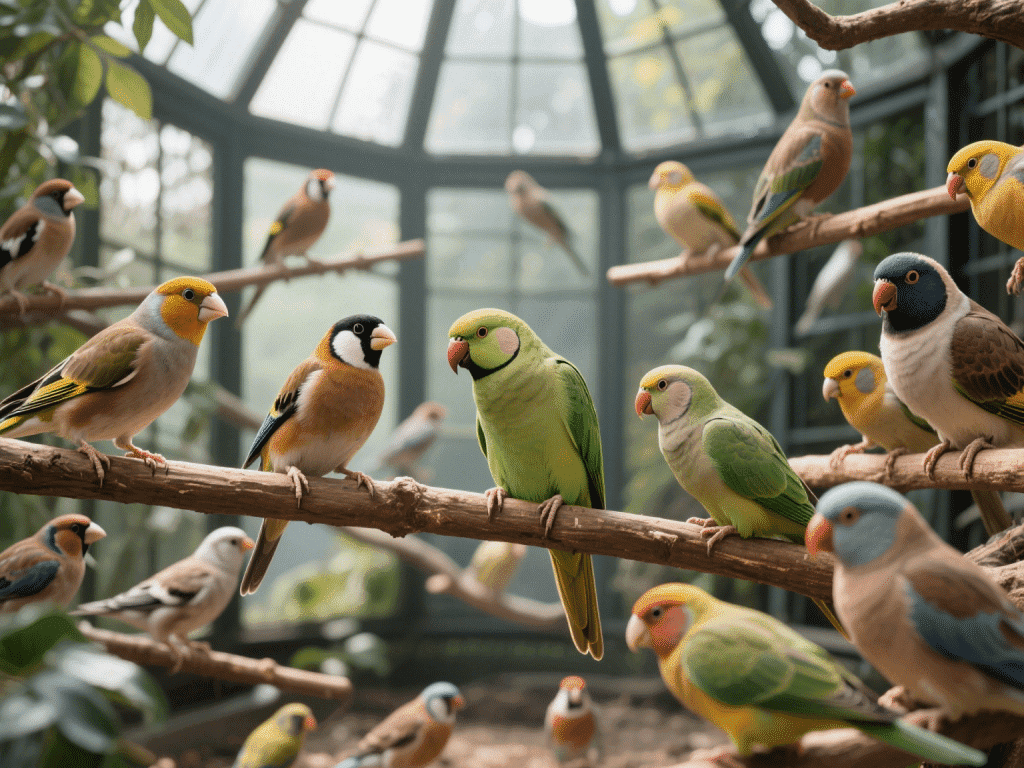
Combining parakeets, finches, and canaries in a single aviary offers visual and auditory d...
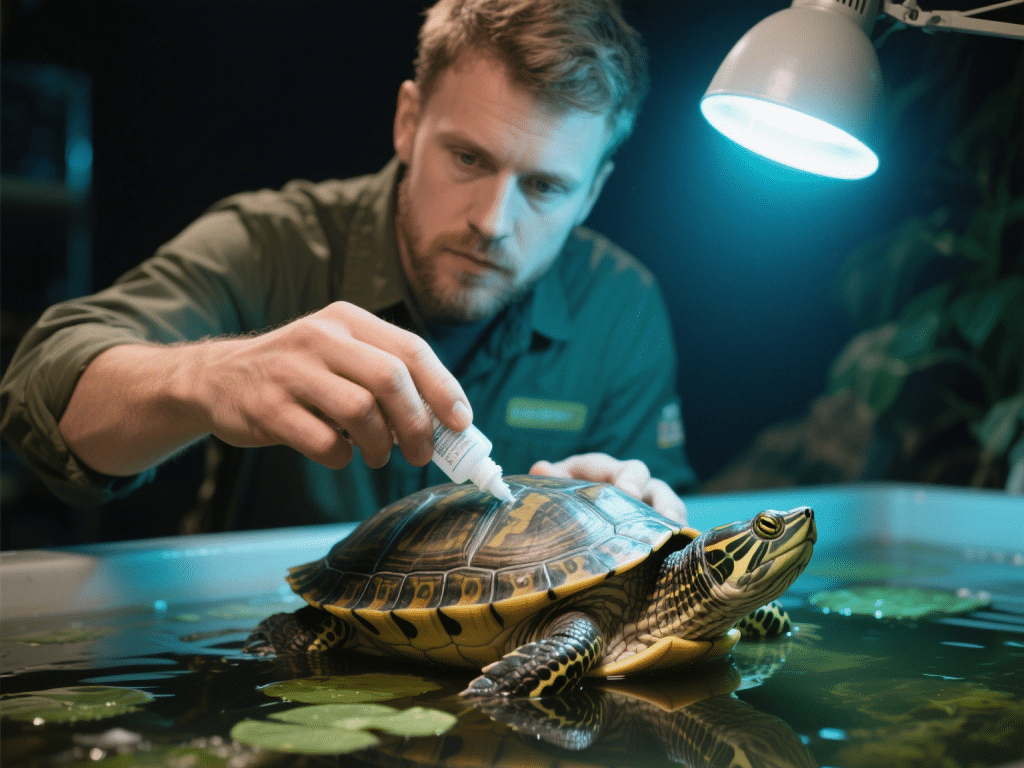
Shell rot—bacterial or fungal infections of the shell—is a serious threat to aquatic t...
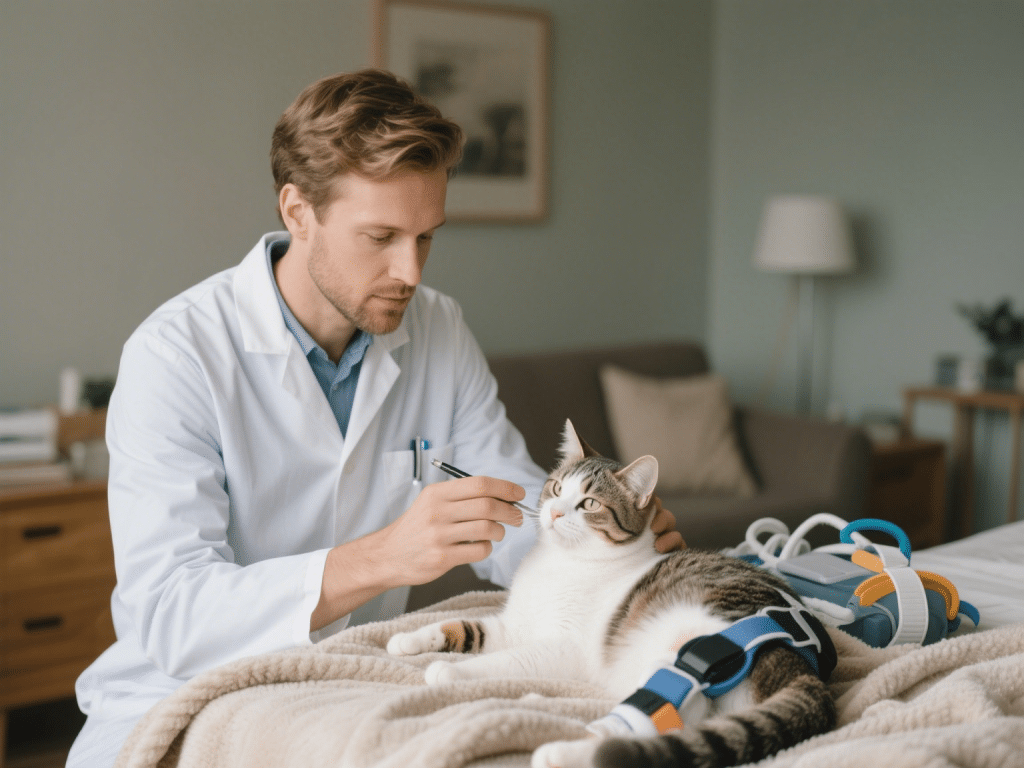
Post-surgical care is a delicate period for cats, requiring meticulous pain control and su...

IntroductionRabbits require a clean, dry environment to stay healthy. Regular cleaning of ...

IntroductionCats sleep up to 16 hours a day, adopting various positions that reflect their...
Comments on "Preventing Dental Disease in Rabbits Through Diet and Care" :